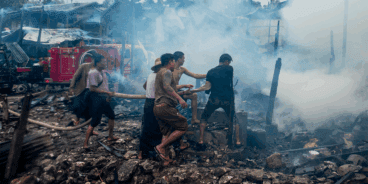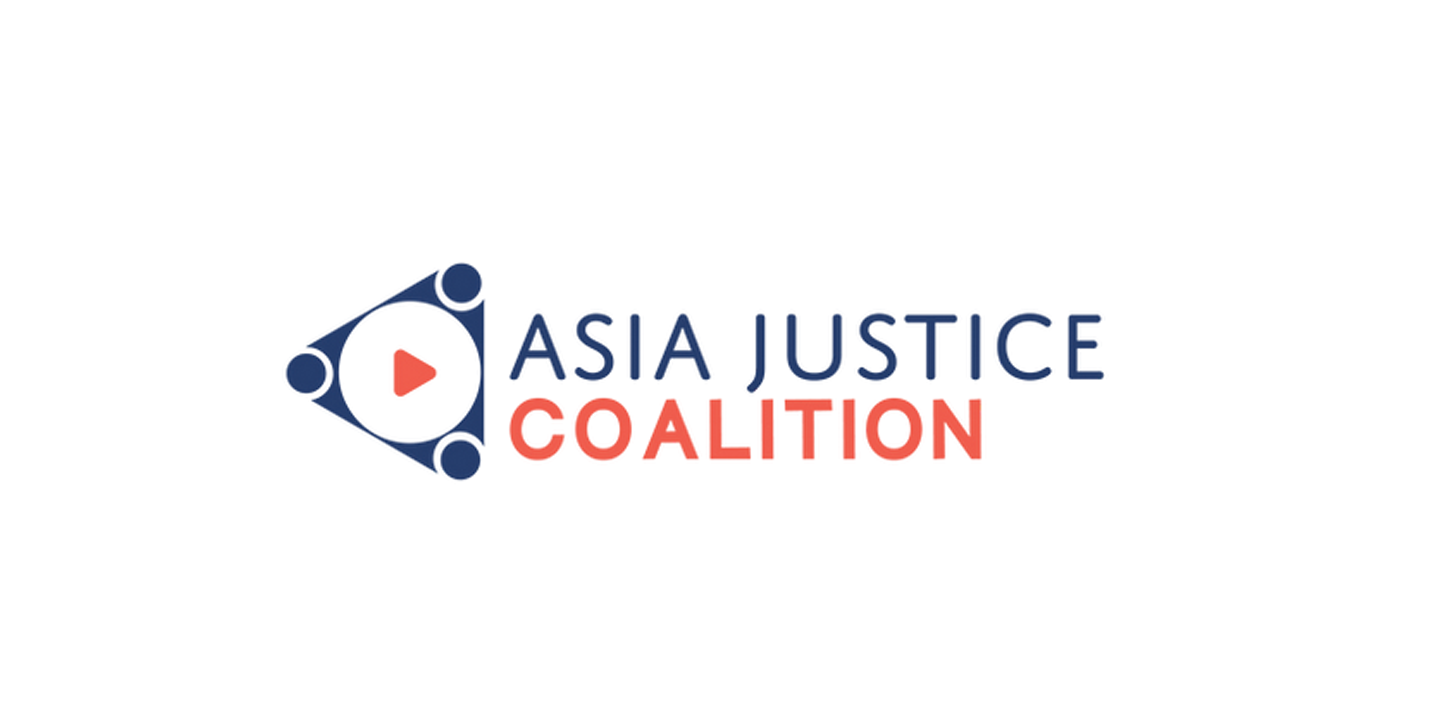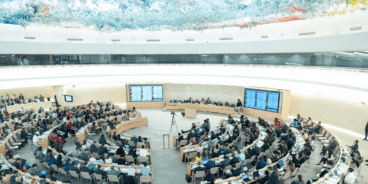

No more delays: International community must act for Rohingya
As we mark the eighth year since the 2017 Rohingya exodus from Rakhine State to Bangladesh during the Myanmar military’s so-called ‘clearance operations’, the deteriorating situation of the Rohingya in both Myanmar and Bangladesh warrants urgent, coordinated, and decisive interventions from the international community.
In blatant breach of the provisional measures order of the International Court of Justice (ICJ) and the Association of Southeast Asian Nations (ASEAN) Five-Point Consensus, the Myanmar military continues to commit indiscriminate violence constituting crimes against humanity and war crimes, including airstrikes, drone attacks, heavy artillery shelling, and landmine casualties across the country, in clear violation of international humanitarian and human rights law. The military junta has killed more than 7,074 civilians, and over 22,314 people have been arbitrarily arrested and remain under detention, with widespread and systematic reports of torture, ill treatment, and sexual violence. According to the United Nations Office for the Coordination of Humanitarian Affairs, more than 3.6 million people have been internally displaced, and 19.9 million people are in urgent need of humanitarian aid. The devastating 28 March earthquake further deepened the humanitarian crisis in the country.
The dissolution of the State Administration Council and the proposed election beginning 28 December 2025 by Commander-in-Chief Min Aung Hlaing, which will neither be free nor fair, threaten and risk further escalation of violence and hostilities between various non-state armed groups and the military. The military intends to legitimize its coup by conducting a sham election. The new election law is vague, overbroad, and imposes severe punishment, including the death penalty, for anyone who opposes or disrupts the elections.
The intensified conflict in Rakhine State between the military and the Arakan Army has resulted in the mass displacement, deaths, and loss of property of thousands of civilians, including the Rohingya. The Arakan Army has been committing extrajudicial killings, arbitrary arrests and detention, forced labour, arbitrary raids, and widespread arson against the Rohingya, resulting in mass displacement. The military junta continues to persecute the Rohingya with impunity, especially more than 600,000 of those living under internment conditions in Rakhine State. The deliberate humanitarian and trade blockade imposed by the military, which is further compounded by the Arakan Army and may constitute war crimes, has contributed to a famine-like situation in Rakhine State.
In Bangladesh, the refugee camps have been witnessing new arrivals of refugees from Myanmar since 2021. According to UNHCR, over 150,000 refugees have fled across the border from Myanmar since 2024, making it the largest movement of the Rohingya since 2017. The situation in Cox’s Bazar and Bhasan Char, with over 1 million refugees, is dire due to major cuts in humanitarian aid by foreign donors. These budget cuts have worsened the crisis in the camps, resulting in malnutrition due to the slashed food rations of less than $6 a month, closure of thousands of non-governmental organization-run learning centers for the refugee children, and reduced healthcare services, waste management, and maintenance of infrastructure, including roads, bridges, and toilets. This dire situation especially affects vulnerable groups—women, children, and the elderly.
Due to overcrowding in the camps and persistent restrictions on the Rohingya’s freedom of movement and access to healthcare, employment, and livelihood, their susceptibility to abuse and exploitation, human trafficking, and child and forced marriages has been exacerbated. The widespread operation of Rohingya armed groups, in particular the Arakan Rohingya Salvation Army (ARSA), has significantly undermined the security in the refugee camps in Bangladesh, resulting in extrajudicial killings, abductions, sexual and gender-based violence, and torture. Rohingya men and boys, including LGBTQIA+ members, are also forcibly recruited and transferred to Myanmar to take part in the hostilities without protection or training by both the military junta and the Arakan Army. In search of safety and better living conditions in 2024, more than 7,800 Rohingya undertook perilous sea journeys, out of which over 650 people died or were reported missing.
In violation of the non-refoulement obligation under international law, the Bangladesh authorities have been forcibly returning people fleeing violence by the Arakan Army, which exercises majority control over the Rakhine State. These pushbacks force Rohingya to live under de facto apartheid-like conditions where they face severe and systematic discrimination and restrictions on movement, access to education, employment, and healthcare.
A High-Level conference on the situation of Rohingya and other minorities in Myanmar, proposed by Bangladesh’s Chief Adviser Professor Muhammad Yunus, will be held on 30 September at UN Headquarters. The conference aims to propose a ‘comprehensive, innovative, concrete, and time-bound plan for a sustainable resolution of the crisis’. However, its call for ‘meaningful participation’ is undermined by a recent U.S. travel ban on Myanmar nationals, effectively limiting all Burmese citizens. The stateless status and lack of proper documentation for the Rohingya also severely restrict their ability to participate. While the live-streaming of proceedings on UN Web TV is a welcome step, the event stands to lack inclusive effective representation and dialogue on pathways for the future, given concerns recently raised regarding the selection of ‘the voice of the Rohingya’ in the camps. Additionally, the exclusion of Special Rapporteur on the human rights situation in Myanmar Thomas H. Andrews from the conference is deeply concerning and must be reversed.
In the absence of the possibility of the voluntary, safe, dignified, and sustainable return of Rohingya, the Bangladesh government and the international community must abandon their primary focus on repatriation program. Repatriation of the Rohingya to Myanmar is premature until the root causes, including accordance of ethnic identity and citizenship status, are addressed. Any such future roadmap, including return policy, must not be rushed but be carefully constructed, be victim- and survivor-centered, and include Rohingya, especially women and youth leaders, in policymaking and implementation.
We welcome the movement in the ongoing cases at the ICJ in The Gambia v. Myanmar alleging violations of the Genocide Convention, where interventions by four more states have been accepted and the submission of the application of the arrest warrant against Min Aung Hlaing to the Pre-Trial Chamber of the International Criminal Court (ICC) for the crimes against humanity of deportation and persecution of the Rohingya. The issuance of arrest warrants against 25 Myanmar military and civilian officials in Argentina, including Min Aung Hlaing and Deputy Commander-in-Chief Soe Win, marked the first time any public warrants have been issued towards securing justice for the Rohingya. However, the progress in these cases is slow, and there is no legal or judicial proceeding underway seeking accountability for post-coup human rights abuses, including those committed by the Arakan Army.
The waning attention and mixed messages of the UN Member States, including ASEAN and neighboring countries, have emboldened the Myanmar military and left the Rohingya with an uncertain and precarious future. The Rohingya Joint Response Plan for 2025-2026 calls for a total of $934.5 million, but it has only received 35% of the funding to date. The international community must urgently bridge the funding gap by pledging resources and funding for the Rohingya by respecting the principle of equitable burden- and responsibility-sharing with the host state.
UN Member States should undertake immediate action without delay—collectively and individually—to cease the ongoing hostilities and hold the Myanmar military and Arakan Army accountable, including through exercising universal jurisdiction, ending arms transfers to the military, and ensuring unimpeded humanitarian aid throughout the country without distinction, including cross-border aid. The UN Security Council must hold a public session on the situation in Myanmar without delay, impose targeted economic sanctions on the Myanmar military and affiliates, establish a binding global arms embargo, including on transfers of jet fuel and dual-use technology, and refer the full situation, including post-coup crimes, to the ICC.
Related Content


Letter to UN Human Rights Council members on atrocity prevention priorities at the Council’s 60th session
